If your need for fast food and a Walmart shopping spree means it's time for a trip home, but the price of airfares makes it impossible, don't despair! There is another option: Space-A.
Space-A refers to seats aboard military aircraft offered on a "space available" basis to active duty personnel, family members and retirees at little or no cost (some taxes may apply in certain locations). It's one of the best perks of military service -- if you approach it with an open mind and a flexible schedule.
Air Mobility Command (AMC), based at Scott Air Force Base, manages the Air Force's worldwide airlift operations, including the Space-A program. AMC describes Space-A travel as a privilege, not an entitlement. If you're expecting entitlements like first class seating and frequent flyer miles, then Space-A is definitely not for you. If you align expectations to the "privilege" concept, then Space-A offers great adventures, albeit few creature comforts.
Space-A is not like flying Delta or Lufthansa. It's not even RyanAir. There is no beverage cart, no flight attendants in matching outfits, no in-flight magazine in the seat pocket. There's probably not a seat pocket. There may not even be a seat (unless you count the nylon contraptions fastened to the inside fuselage wall).
If you're lucky enough to snag a seat on one of the "rotator" flights leaving Germany, it's a commercial jet with all the usual amenities, contracted to fly service members to/from deployments. If you're not on a "rotator," then plan for minimal comforts. It's noisy; wear earplugs or headphones. Bring a pillow, plus sleeping bag or blanket. Dress in layers for warmth. Most military aircraft are not heated uniformly. Depending on where you sit, you may feel cool drafts or balmy blasts from a heating vent.
As soon as the flight is airborne, experienced Space-A flyers stake out territory around cargo in the back of the plane. They roll out sleeping bags atop cushion mats and doze off. With earplugs firmly in place, they're guaranteed several hours of blissful sleep, which is virtually impossible to achieve sitting upright on a commercial flight. Never mind the lack of creature comforts; the floor space for sleeping on Space-A flights is a real luxury!
Although some flights offer pre-order boxed meals, others do not, but passengers may bring food onboard. Space-A luggage restrictions are more travel-friendly than commercial flights, so it may be possible to bring a cooler with snacks and sandwiches, but first check with the terminal. If flying internationally, prepare to consume or dispose of all fruits and meats before landing so customs agents don't seize your cooler upon arrival.
Due to security concerns, Space-A flyers can't take more than three ounces of liquids onboard, but most terminals have vending machines or snack bars to purchase drinks after passing through security checkpoints. Passengers are generally permitted one hand-carried item and two checked bags. The cooler counts as hand-carried. Big plus: the rules for checked luggage are less restrictive than commercial rules, allowing each piece to weigh up to 70 pounds.
Another big plus: families can pool their weight allowance. For instance, a family of four could check up to 560 pounds of luggage. Baggage weight is sometimes limited, depending on the aircraft, so check with the passenger terminal to be sure. AMC adheres to TSA guidelines; find all the details on the AMC web site: www.amc.af.mil/amctravel.
Every terminal has an "AMC Gram" fact sheet with valuable travel tips for planning ahead. It's good to know, for example, that the shuttle bus to Aviano's passenger terminal only runs two times a day from base billeting, or that Space-A flyers who use the long-term parking garage at Ramstein must obtain a special permit upon check-in or risk having their cars towed while they're away.
All this info is easily accessible on the AMC web site. Several "unofficial" websites operated by retirees and Space-A aficionados also provide helpful tips with personal insights that can't be found in travel guides. Two of the best are Take a Hop (www.takeahop.org) and John D's Space-A Travel Pages (www.spacea.net).
Of course, the biggest benefit of flying Space-A is the cost savings. Army retiree, Leroy Lee formerly assigned at USAG Schinnen in the Netherlands, estimates he saved thousands of dollars. On two occasions his whole family flew to visit his mother in the U.S. when they otherwise could not afford the trip. "We would've probably bought a ticket for me to go, but I would've had to leave my wife and kids at home during a critical family time," Lee said.
The Lee family enjoyed such good Space-A experiences that they decided to fly home again at Christmas. Getting out of Ramstein was no problem, but their luck evaporated on the return. They were repeatedly bumped off Space-A flights at McChord, Dover and Andrews by other Space-A flyers with higher eligibility. After four days of delay, they shelled out the cash to buy one-way tickets back to Europe.
Lee's experience is not unusual. AMC personnel advise Space-A passengers to expect delays during the summer and throughout the December-to-January holiday period and be prepared with a back-up travel plan (including funds for commercial tickets).
Since Space-A is only available to those eligible in one of six categories, there's never a guarantee you'll actually get a flight. A higher category of eligibility improves your chances. For example, Lee qualifies for Category VI as a retiree. But an active duty military member on leave qualifies for Category III and bumps everybody in the lower three categories.
Category V is especially dicey because it includes "unaccompanied command-sponsored dependents" (a.k.a. military spouses and family members traveling without their military sponsor). While this offers a great travel opportunity for spouses, keep in mind their eligibility is actually two categories higher if traveling with a sponsor. Additional paperwork is also required to prove command-sponsored status. Find sample forms on the Ramstein fact sheet, available at the AMC web site.
Despite the hurdles, the Lee family thinks Space-A is the best way to fly. "You certainly can't beat the price," Lee joked, "but I have just one word of advice about flying Space-A: flexibility... and don't travel during the holidays when everybody is on leave!"
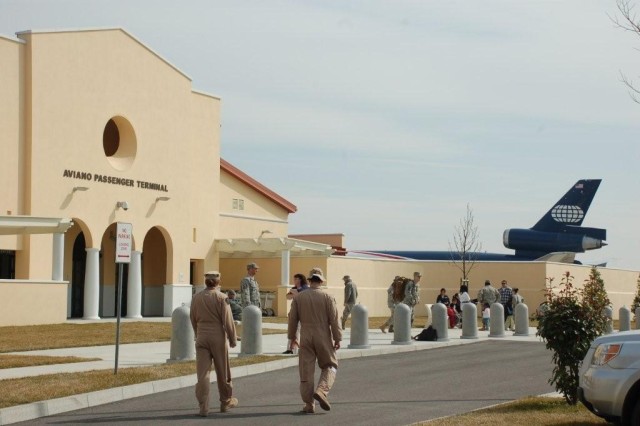
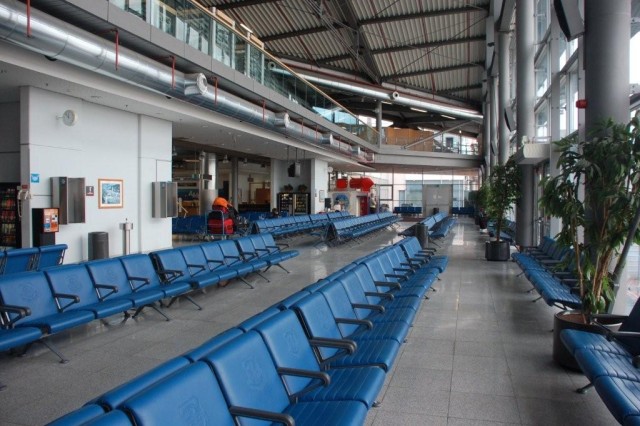
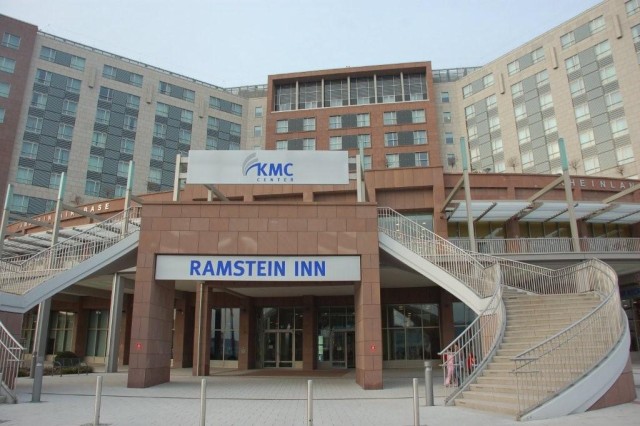
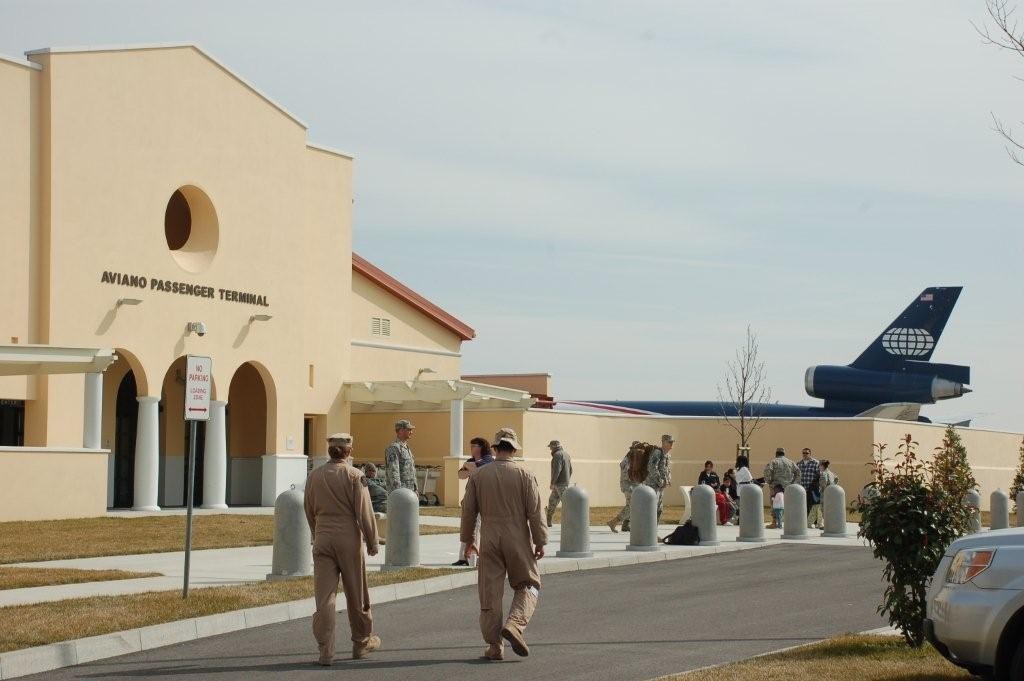
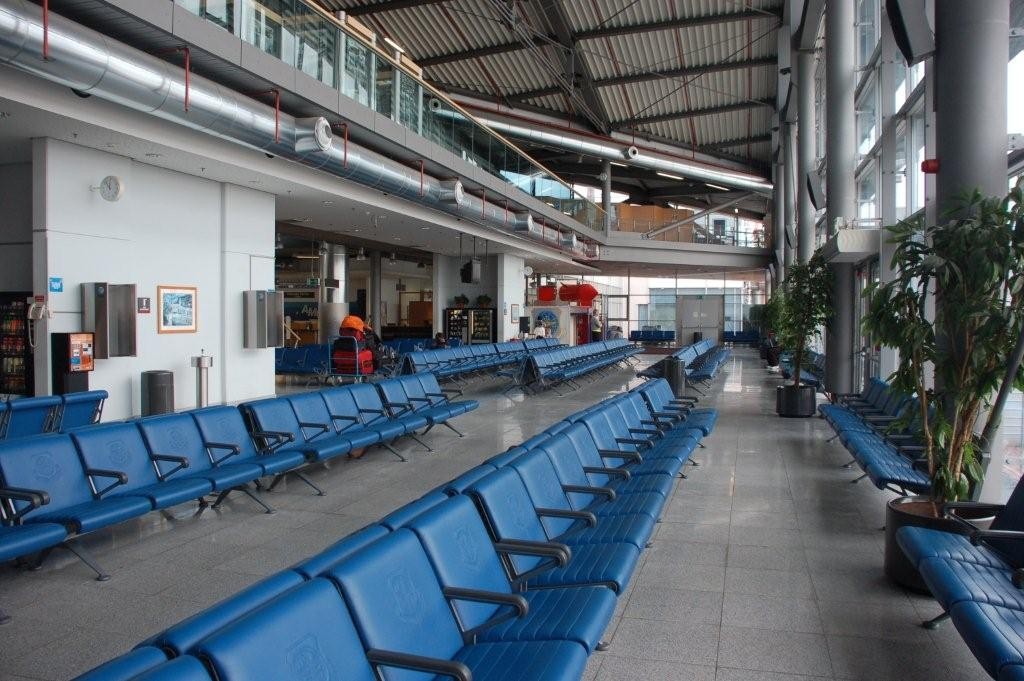
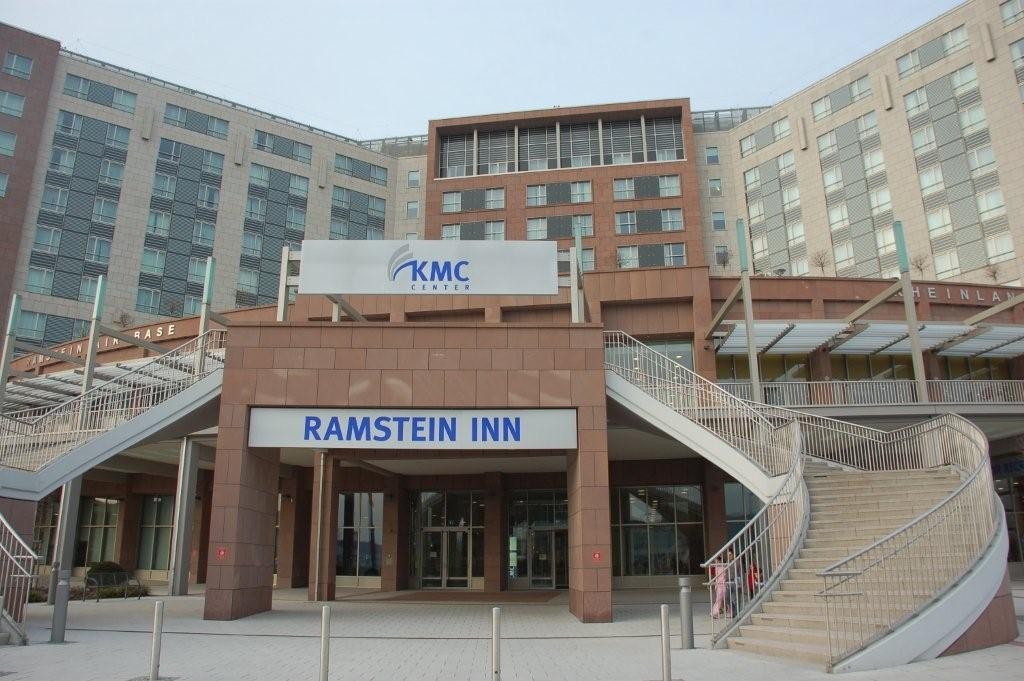
Social Sharing